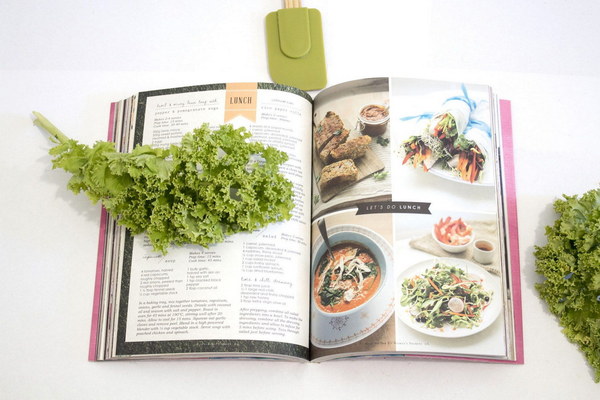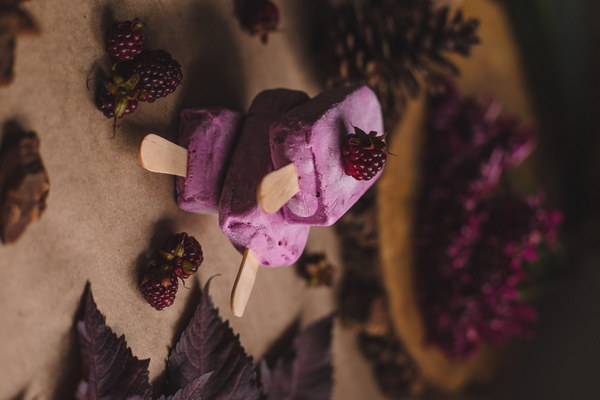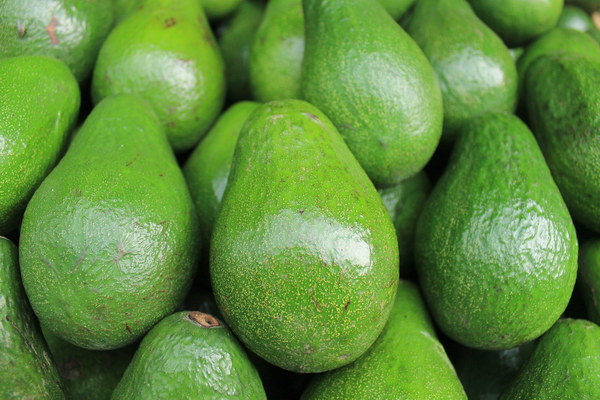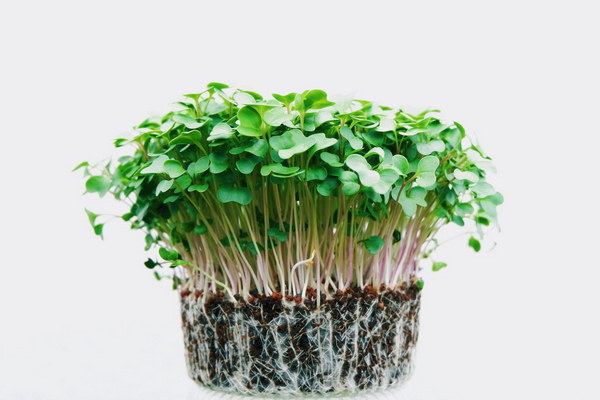Harmonizing Lung Function and Wei Qi The Power of Traditional Herbs
In traditional Chinese medicine, the concept of harmonizing the lungs and balancing the Wei Qi is crucial for maintaining overall health and preventing illness. The lungs are considered the organ of the skin and play a vital role in the body's defense against external pathogens. Wei Qi, or protective Qi, is the vital energy that flows through the body's surface and serves as a barrier against illness. This article explores the use of herbal remedies that are specifically designed to nourish the lungs and maintain a balanced Wei Qi.
The lungs are responsible for taking in oxygen and expelling carbon dioxide, which is essential for maintaining life. However, the lungs are also susceptible to external factors such as colds, flu, and other respiratory infections. To support lung health and balance Wei Qi, various herbal remedies have been used for centuries. Here are some of the most effective herbs:

1. Astragalus (Astragalus membranaceus)
Astragalus is a well-known herb in traditional Chinese medicine for its immune-boosting properties. It is believed to enhance Wei Qi, improve lung function, and protect against infections. This herb can be taken as a tea, tincture, or in supplement form.
2. Codonopsis (Codonopsis pilosula)
Codonopsis is another popular herb used to strengthen the immune system and support lung health. It is believed to boost Wei Qi and improve respiratory function. This herb is often combined with other immune-boosting herbs to create a more potent formula.
3. Elderberry (Sambucus nigra)
Elderberry is a natural immune system booster that has been used for centuries to treat respiratory infections. It is rich in antioxidants and anti-inflammatory compounds that help to reduce inflammation in the lungs and improve overall lung function.
4. Eleuthero (Eleutherococcus senticosus)
Eleuthero is an adaptogen that helps the body adapt to stress and improve its resistance to illness. It is believed to enhance Wei Qi, support lung function, and improve overall well-being. This herb is often taken as a supplement in capsule or tablet form.
5. Licorice Root (Glycyrrhiza uralensis)
Licorice root is a sweet herb that has been used in traditional Chinese medicine for its anti-inflammatory and immune-boosting properties. It is believed to help reduce inflammation in the lungs, balance Wei Qi, and support overall lung health.
6. White Peony Root (Paeonia lactiflora)
White peony root is a traditional Chinese herb used to support lung function and balance Wei Qi. It is believed to have anti-inflammatory and immune-boosting properties that can help reduce respiratory symptoms and improve overall lung health.
Incorporating these herbal remedies into a daily routine can help maintain lung health and balance Wei Qi. However, it is important to consult with a healthcare professional before starting any new supplement or treatment, as some herbs may interact with other medications or have side effects.
To prepare a herbal tea, simply add one or more of these herbs to boiling water and let it steep for 10-15 minutes. Strain the tea and drink it warm or at room temperature. Alternatively, you can find pre-made herbal formulas that combine these ingredients for convenience.
In conclusion, traditional Chinese medicine offers a wealth of knowledge and remedies for maintaining lung health and balancing Wei Qi. By incorporating these herbal remedies into your daily routine, you can support your immune system, improve lung function, and reduce the risk of respiratory infections. Remember to consult with a healthcare professional before starting any new treatment to ensure it is safe and appropriate for your individual needs.









